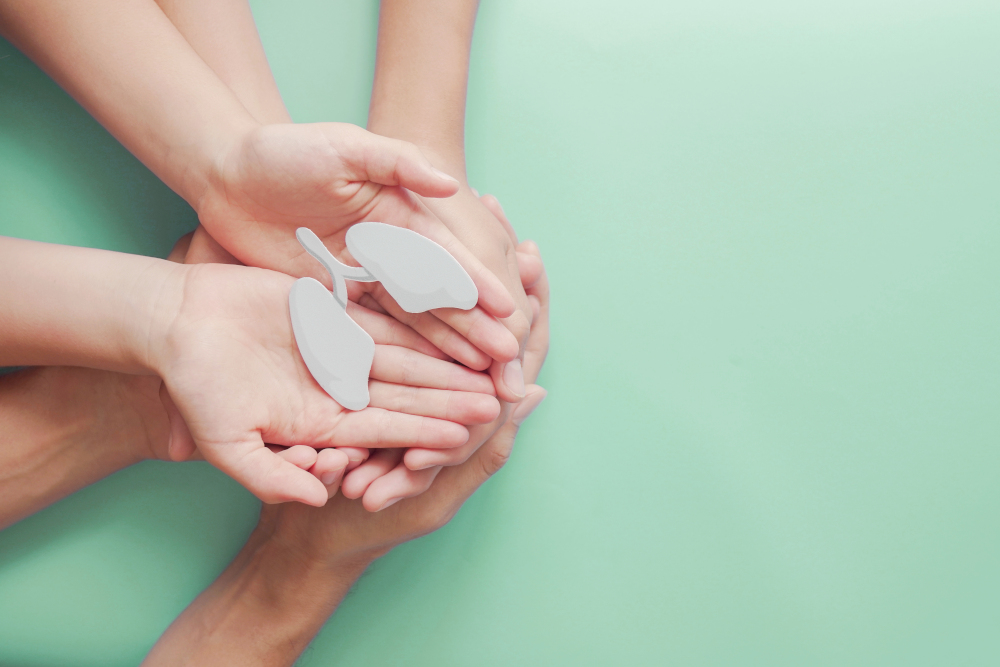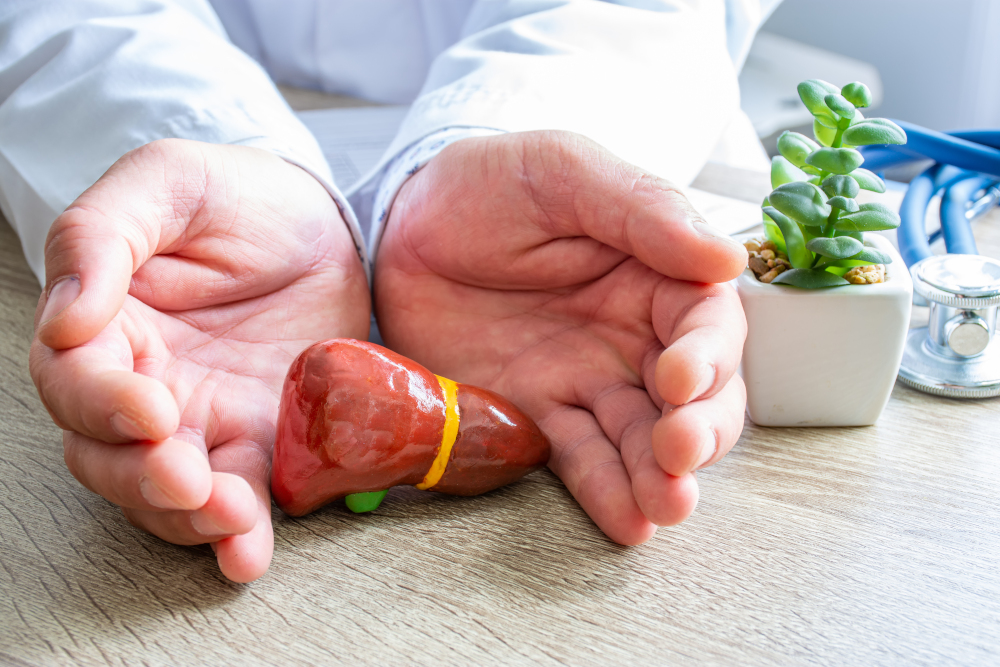When looking after our health, it’s often best to take a holistic approach based on our individual needs, and no one would argue that a healthy diet, regular exercise, and a focus on our mental wellbeing are the key things to consider first. Having said that, there’s often good reason to add a little extra care and attention to particular areas of our bodies that are problematic for us as individuals.
From heart health and kidneys to lungs and the liver, there are a lot of areas to focus on and, generally speaking, leading a healthy lifestyle should keep all working in good order, but there are times when focus needs to be directed to one particular area. Below we are going to take a look at some of the areas of our bodies that often require a little extra care.
Heart

Whether you already have a heart condition, you’re looking to lower your cholesterol, or you want to reduce your risk of developing any illnesses that can cause issues with your heart, a healthy diet is the best place to start. According to the British Heart Foundation: ‘A healthy diet can help reduce your risk of developing coronary heart disease and stop you gaining weight, reducing your risk of diabetes and high blood pressure.’
A balanced diet contains plenty of fruit and vegetables; plenty of starchy food – choosing wholegrain where possible; some meat, eggs, beans, fish and other non-dairy foods; some milk and dairy products; minimal foods and drinks that are high in fat and/or sugar and to choose lower fat, salt and sugar options.
Lungs

Cigarette smoking, indoor pollutants, outdoor air pollution and respiratory infections can all damage the health of your lungs, so make sure you are taking steps to avoid anything that can affect these vital organs negatively. In addition to this, making sure you stay physically active and getting regular check-ups can go some way to ensuring you stay healthy here.
If you are a smoker, then quitting the habit can actually undo a lot of damage that has already been done to your lungs, so it’s never too late to consider stopping. Many people turn to products such as nicotine pouches, patches, tablets and gum, to avoid the toxic chemicals that are found in cigarettes but to still get the nicotine their bodies crave, when trying to cut down.
The first step to kicking the habit entirely is to seek professional help, and the NHS has a stop smoking service designed to target a number of ways to help you quit, including nicotine replacement therapy, one-to-one support and information to keep you on track.
Liver

The good news is that our livers are pretty resilient, but that’s not to say that they are completely infallible and so it pays to take steps to focus on what might be harming this all-important organ. The liver works to filter the blood coming from the digestive tract before passing it to the rest of the body, and so you can imagine that it can take quite a hit if you are not eating a healthy diet and if you are drinking too much alcohol.
The organ also detoxifies chemicals and metabolizes drugs, so make sure that what you put into your body is medically approved and be sure to not mix alcohol and medication, while being vigilant to not contaminate your blood with others’.
Kidneys

A pair of very vital organs in our bodies, the kidneys work to remove waste, extra fluid, and acid that is produced by the body’s cells, while also maintaining a healthy balance of salts, water and minerals in the blood.
The NHS promotes five steps to ensuring good kidney health, which are: staying hydrated by drinking plenty of fluid; eating a healthy, balanced diet to ensure your body get all the vitamins and minerals it needs; watching your bloody pressure; not smoking or drinking too much alcohol; and keeping at a healthy weight to avoid raising blood pressure.
Always contact your GP for advice on your health.






















